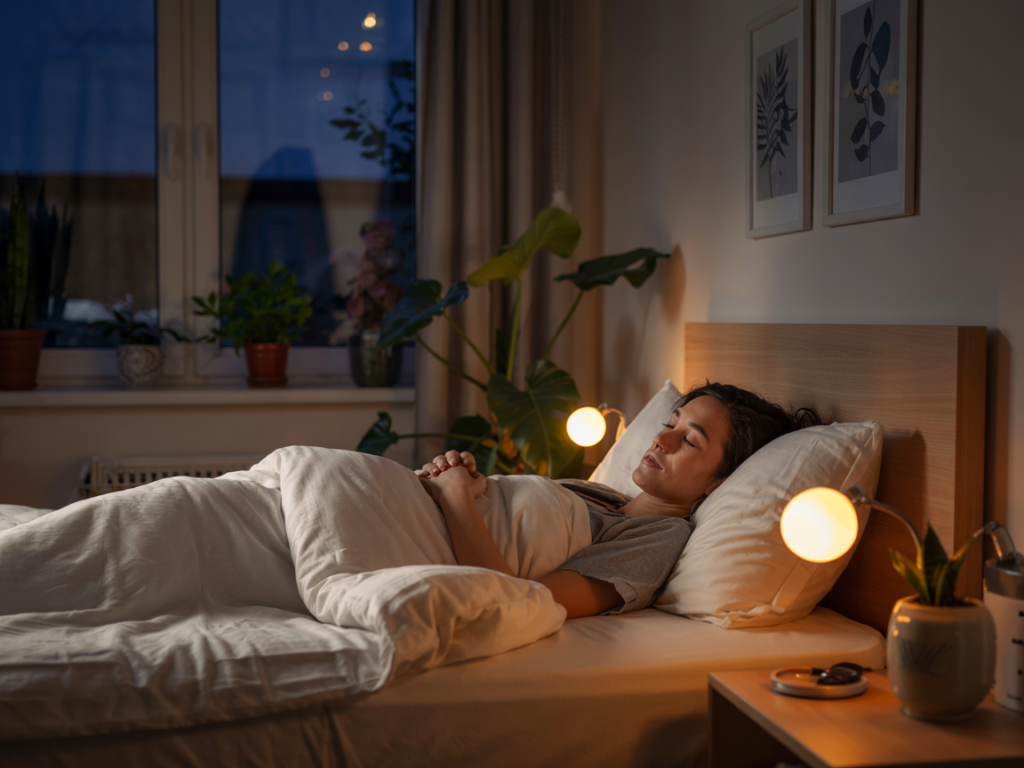In a world that glorifies hustle and late nights, sleep is often the first thing we sacrifice. But quality sleep isn’t a luxury—it’s a foundation for mental clarity, emotional stability, and physical health.
Let’s dive into how sleep affects the mind-body connection, and how to create habits that support deep, restorative rest.
🧠 What Happens to the Brain When You Sleep?
During sleep, your brain is anything but inactive. It’s:
- Processing emotions and memories
- Cleansing itself of toxins
- Balancing hormones
- Recharging your focus and creativity
Lack of sleep can lead to:
- Brain fog
- Irritability
- Poor decision-making
- Increased anxiety and depression
💪 How Sleep Affects the Body
Your body uses sleep to:
- Repair muscles and tissues
- Regulate metabolism and appetite
- Strengthen the immune system
- Lower blood pressure and inflammation
Chronic sleep deprivation is linked to serious issues like heart disease, obesity, and weakened immunity.
🕒 How Much Sleep Do You Really Need?
Most adults need 7–9 hours of quality sleep each night. But it’s not just about hours—it’s about consistency and sleep quality.
🌙 Signs You’re Not Getting Good Sleep
- Waking up tired despite 7+ hours in bed
- Frequent nighttime waking
- Difficulty falling asleep
- Reliance on caffeine to function
- Mood swings or memory problems
🛏️ Tips for Better Mind-Body Sleep
1. Create a Bedtime Routine
Wind down with calming activities like reading, gentle yoga, or meditation.
2. Limit Screens at Night
Blue light suppresses melatonin—turn off devices 1 hour before bed.
3. Keep a Consistent Sleep Schedule
Go to bed and wake up at the same time—even on weekends.
4. Optimize Your Sleep Environment
Cool, quiet, dark, and comfortable. Use blackout curtains, white noise, or essential oils.
5. Watch What You Eat and Drink
Avoid heavy meals, caffeine, and alcohol too close to bedtime.
💭 Final Thoughts
Sleep is where healing happens. It’s when your mind and body sync up, reset, and prepare you for a better tomorrow. Don’t think of rest as a weakness—it’s one of the most powerful tools you have for total well-being.
Prioritize your sleep, and you’ll wake up to a healthier, more balanced version of you.

